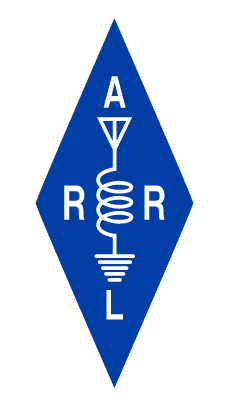 From ARRL News:
From ARRL News:
12/22/2022 – Congresswoman Debbie Lesko (AZ-08) introduced a bill in the U.S. House of Representatives (H.R. 9664) on December 21, 2022, to require that the Federal Communications Commission (FCC) replace the current HF digital symbol rate limit with a 2.8 kHz bandwidth limit.
After being petitioned by ARRL The National Association for Amateur Radio® in 2013 (RM-11708) for the same relief, in 2016 the Commission issued a Notice of Proposed Rulemaking (WT Docket No. 16-239) in which it agreed that the HF symbol rate limit was outmoded, served no purpose, and hampered experimentation. But the Commission questioned whether any bandwidth limit was needed in its place. Most amateurs, including the ARRL, objected to there being no signal bandwidth limit in the crowded HF bands given the possibility that unreasonably wide bandwidth digital protocols could be developed, and since 2016 there has been no further FCC action.
In conjunction with introducing the legislation, Congresswoman Lesko stated that “With advances in our modern technology, increased amounts of data can be put on the spectrum, so there is less of a need for a regulatory limit on symbol rates. I am pleased to introduce this important piece of legislation to update the FCC’s rules to support the critical role amateur radio operators play and better reflect the capabilities of our modern radio technology.”
ARRL President Rick Roderick, K5UR, hailed introduction of the bill. Roderick stated that “the FCC’s delay in removing this outdated restriction has been incomprehensible, given that the biggest effect of the delay is to require totally inefficient spectrum use on the already-crowded amateur HF bands. I hope that the Commission will act to remove this harmful limitation without waiting for the bill to be passed.”
ARRL Legislative Committee Chairman John Robert Stratton, N5AUS, added that “the symbol rate limit hampers experimentation and development of more efficient HF data protocols by U.S. amateurs. For all practical purposes the field has been ceded to amateurs outside the U.S., where there is no comparable limit. Removing the restriction not only will allow U.S. amateurs to use the most efficient data protocol suitable for their purpose, but it also will promote and incentivize U.S. amateurs to experiment with and develop even more efficient protocols.”
